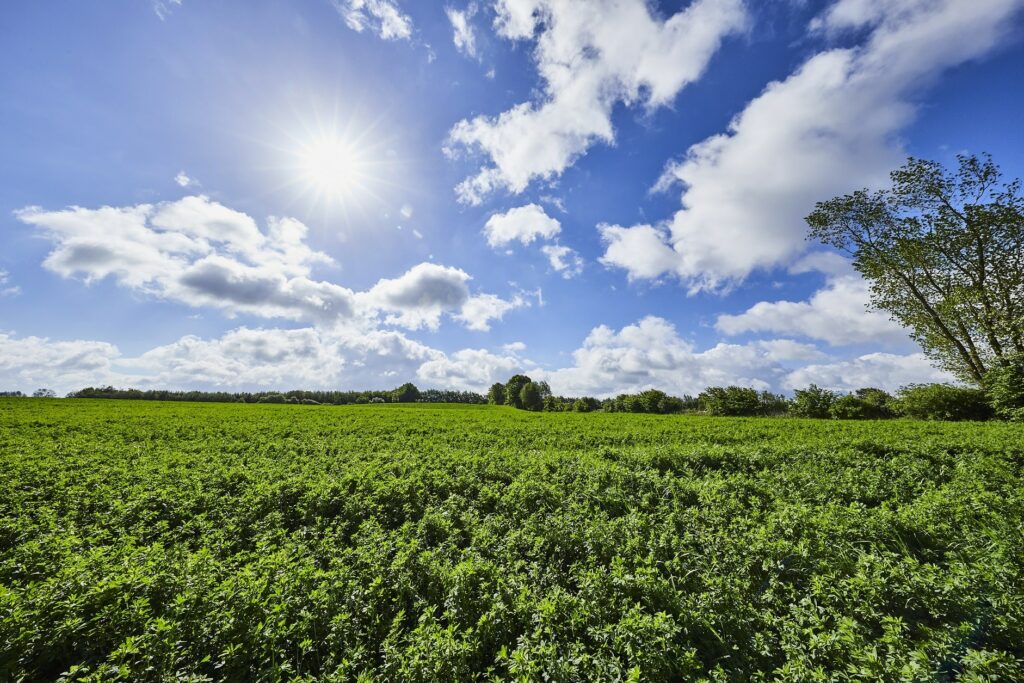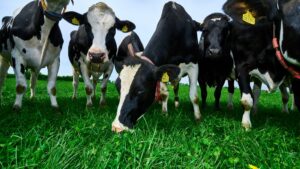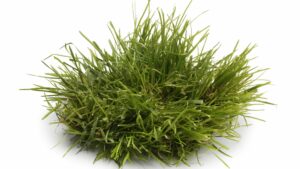Over the past years, we have learned that climate in many ways influence production stability. While 2017 was memorized as the shabby summer with flooded areas, 2018 set new weather records on the hot and dry scale, especially in parts of Europe, South America and Australia.
Agriculture is an important part of the climate agenda and several agricultural organizations now submit visions for climate-neutral food production. We can only support such initiatives, and the seed industry already possess several solutions, that will help us further along that road.
Grass, clover, alfalfa and beets are forage crops at the top of the list when it comes to converting the sun’s energy into biomass in a climate-friendly and sustainable way. The leaching of nitrate is limited to a minimum from these crops, and both grass and beets have the highest potentials for annual biomass production.
Climate issues are of major concern not only to politicians but also to consumers, who are increasingly more aware that solutions require efforts at all levels. Since the impacts affect individuals, climate challenges are also recognized in UN’s Sustainable Development Goals. Several of these goals are well in line with the strategy we have been following for many years in our plant breeding:
- Increase yield and thereby capture more CO2per unit area
- Improve digestibility of grasses to reduce methane and nitrogen emissions
- Improve root depth so that more residual nitrogen can be absorbed, and more CO2captured in the soil
- Develop sustainable protein production from alfalfa, clovers, and grass as an alternative to soya
We have come a long way on some of these points, and recently we introduced quality forage grass varieties with outstanding digestibility and dry matter yield. In other areas, we have only begun to understand the mechanisms behind the traits we are pursuing.
Fortunately, we have been able to establish a constructive cooperation with the universities’ research environments, and together with them we are determined in breaking the scientific challenges we face.
In this process, it is important to maintain that our concern is not only to improve the environment and climate, but to ensure that tomorrow’s varieties can cope with the challenges that the climate is already causing for plant production. The good news is that several of our products meet both issues.
Festulolium is an example of a relatively new plant species with considerable potential in this regard. It combines high productivity and persistence of fescues with eminent quality of the ryegrasses. Over the past ten years the range of different festulolium types has greatly expanded, and with more unpredictable weather conditions in the future we expect to see an increased use in this robust forage grass.
So, although we regard climate challenges with same seriousness as other crop producers, we are also optimistic from a grass- and clover perspective, as we believe these species are key to a more sustainable feed production with far less climate impacts.









